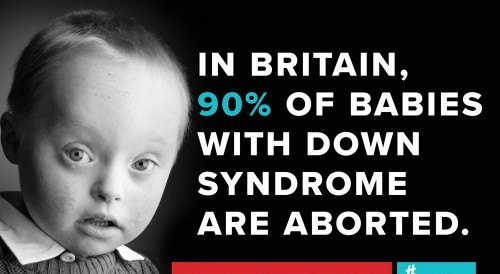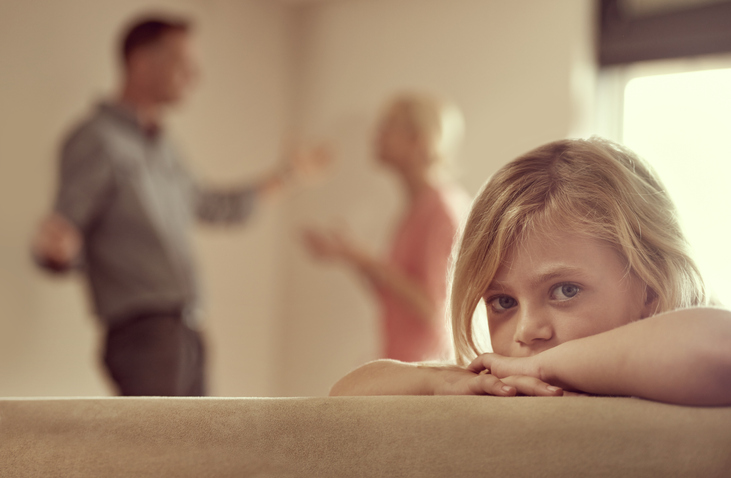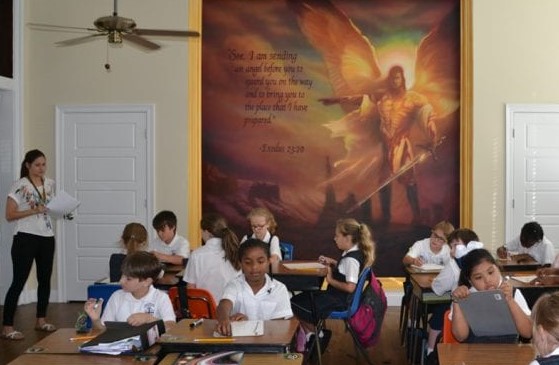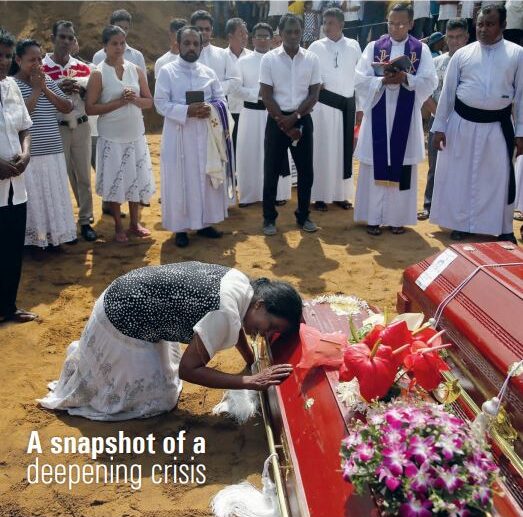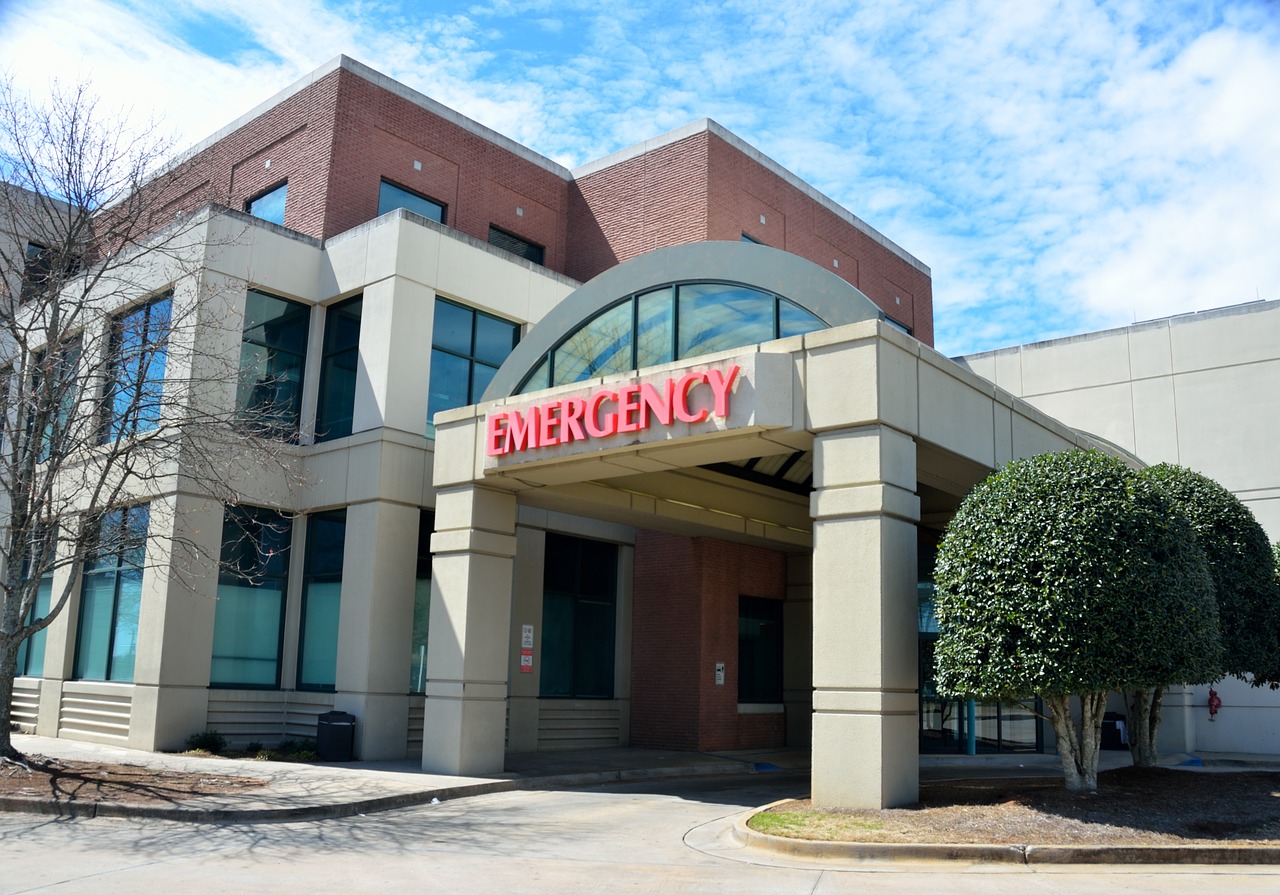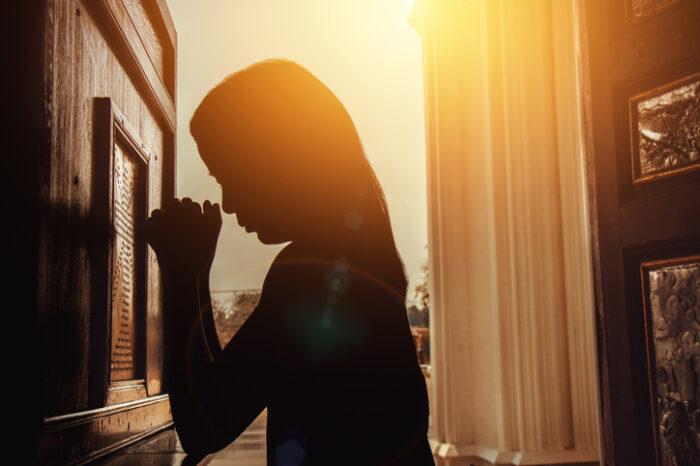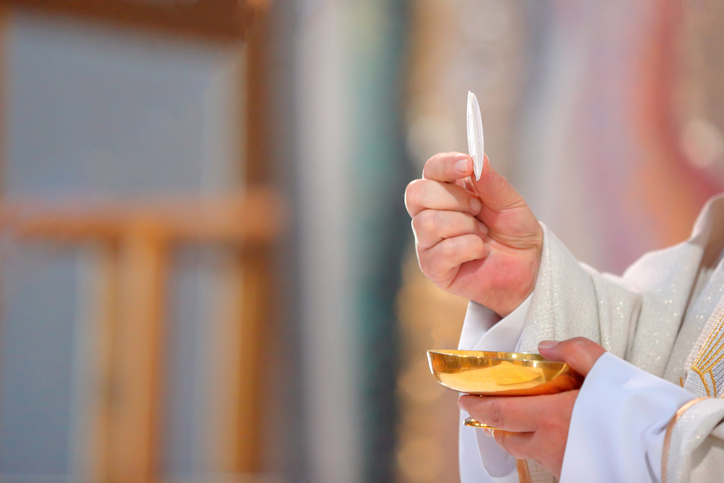The number of babies born with Down’s syndrome in the UK has fallen by 30% in NHS hospitals that have introduced an early screening for foetal abnormalities.
The test takes a blood sample from the woman in the early weeks of pregnancy. Amniocentisis, carried out later in the pregnancy, is more invasive. It can also cause a miscarriage if carried out before 15 weeks. Because the blood test is less invasive and does not risk a miscarriage there is a higher take-up rate of it leading to more detection of various genetic abnormalities like Down’s syndrome, and therefore more abortions.
The figures, which have been released by 26 hospital trusts in England under freedom of information laws, cover the period from 2013 — before the test was introduced to some hospitals — to 2017. The 26 account for about a fifth of the hospital trusts that offer maternity services.
Collete Lloyd, whose daughter Katie, 22, has Down’s syndrome obtained the figures. She told The Times that she would struggle to explain to her daughter how the tests could be justified.
“How would I tell her, ‘We have a test so that women can make a choice of whether they want to keep a baby like you or not’? It is not a pro-choice or pro-life thing at all. It is the woman saying: ‘I want a baby but I don’t want a baby like that.’”
There were only four babies born this year in Oxfordshire with Down’s, compared with 12 in 2015.
Catherine Robinson, spokesperson for Right To Life UK said: “Our current law allows babies with Down’s syndrome to be aborted right through to birth. Already 90% of babies diagnosed in the womb with Down’s syndrome are aborted in the UK. The figures released today show that new non-invasive pre-natal tests are likely to lead to even more babies who have Down’s syndrome being aborted.
“The Government should not be rolling out these tests if there is evidence that they are leading to more babies with Down’s syndrome being aborted. Now there is clear evidence this is the case, it’s time that the Government pulled the rollout.”

